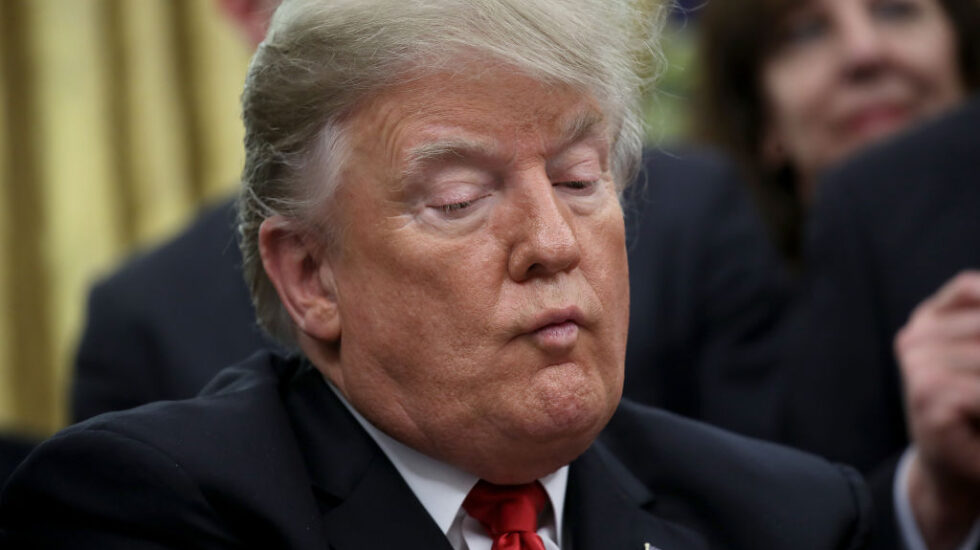Over the last several days, President Trump has openly bragged about his performance on the Montreal Cognitive Assessment test, or MOCA. He uses the results to take verbal jabs at his opponent for not having the same mental capacity. The Washington Post writes of Trump recounting what he says is the most difficult part of the test.
“Trump said he was first asked to repeat a set of words — “person,” “woman,” “man,” “camera,” “TV,” he said, offering a hypothetical example — and then, later in the assessment after some time had elapsed, he was again asked whether he remembered those same words, in order.
“And they say… ‘Go back to that question, and repeat them. Can you do it?’ ” Trump said, mimicking the doctors administering the exam. “And you go, ‘Person, woman, man, camera, TV.’ They say, ‘That’s amazing. How did you do that?’ I do it because I have, like, a good memory, because I’m cognitively there.”
But mental health experts question if Trump really knows what the test is about. It’s not about intelligence or IQ. As the Post writes, “normally administered only if someone is concerned that they or their loved ones may be experiencing dementia or other cognitive decline. Getting a perfect score — as Trump has repeatedly claimed he did — merely signifies that the test-taker probably does not have a cognitive impairment as measured by the exam.”
The neurologist who created the test, Ziad Nasreddine, tells the paper:
“It’s not meant to measure IQ or intellectual skill in any way. If someone performs well, what it means is they can be ruled out for cognitive impairment that comes with diseases like Alzheimer’s, stroke or multiple sclerosis. That’s it.”
Trump’s memory test was given during an annual physical in early 2018, according to the Post.



